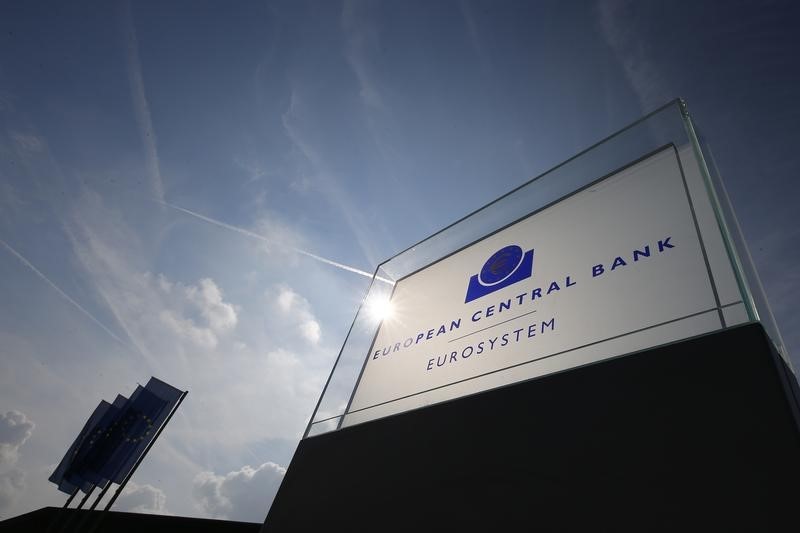
© Reuters.
By Geoffrey Smith
Investing.com — Inflation may have peaked in the U.S., but it still appears to be accelerating in the Eurozone.
Preliminary data from Germany, the Eurozone’s largest economy, showed price increases ramped up a notch in May, as the impact of last year’s surge in gas prices fed through into broader parts of the economy, while rental prices also rose worryingly.
Figures released by the five biggest German federal states showed consumer prices rose by between 0.9% and 1.1%, up from a nationwide average of 0.8% in April and defying expectations for a slight moderation to growth of around 0.5%.
A preliminary figure for the whole of Germany is due at 8 AM ET (1200 GMT).
Data from elsewhere around the region showed similar trends: in Spain, the currency bloc’s fourth-largest economy, prices rose 0.8% on the month, driving the annual rate of inflation up to 8.7% from 8.3%. In Belgium, too, prices rose by 0.8% in May from 0.3% in April, while the annual rate rose to 9.0% from 8.3% a month earlier.
The data come at a time when the European Central Bank’s top management appears to have resisted pressure for a half-point rise in its key interest rate in July. The ECB’s chief economist Philip Lane said in an interview with the Spanish newspaper Cinco Dias published on Monday that two 25-basis point increases were preferable, given the headwinds to the economy from Russia’s war in Ukraine and disruptions to Chinese economic activity from the Zero-COVID policy.
“What we see today is that it is appropriate to move out of negative rates by the end of the third quarter, and that the process should be gradual.” Lane said. “Normalization has a natural focus on moving in units of 25 basis points, so increases of 25 basis points in the July and September meetings are a benchmark pace.”
ECB President Christine Lagarde had last week left the door open to a faster pace of monetary tightening if there were clear signs of inflation expectations in the Eurozone becoming unanchored.
Lane’s comments ensured that the euro didn’t break out of its recent trading range with the dollar, having reached its highest in nearly a month last week. By 6 AM ET, the euro was up 0.3% at $1.0760.
Source: Investing.com



























